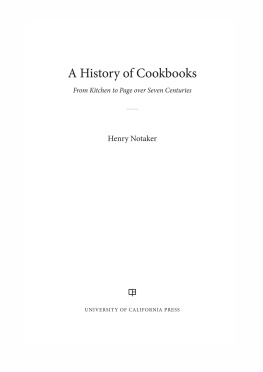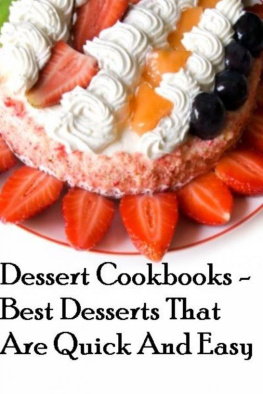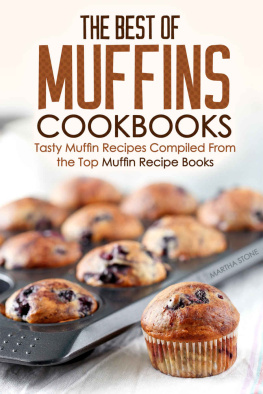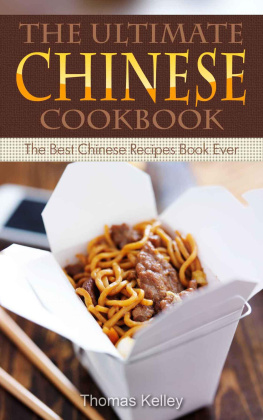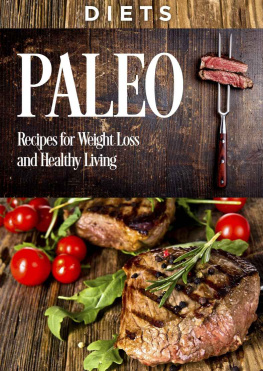PREFACE
Cookbooks have a long history, at least as long as many other types of texts we encounter in our daily lives. But these culinary texts have very rarely been studied with the methods used in most histories of literature. This has partly to do with the development of the concept of literature, which started in the eighteenth century. Before that time, literature was a term for most kinds of what we now call fiction and nonfiction, but gradually the concept was narrowed to include only fiction and occasionally certain forms of nonfiction that had traditionally been considered to have a higher literary valuelike personal essays, for example. Literature was specified as beautiful or artistic, a view expressed through designations such as belles-lettres in French, schne Literatur in German, and khudozhestvennaia literatura in Russian.
This does not mean that nonfiction works were ignored, but they were not studied in the same way as belles-lettres. When they were discussed in histories of literature, it was because of their scientific, philosophical, or historical value. But entirely excluded from histories of literature were most handbooks with practical contents, as they were considered far less important than theories and ideas. Starting in the mid-twentieth century, however, these bookscookbooks and household books includedwere met with ever greater interest. Scholars from various fieldshistorians, sociologists, anthropologists, linguists, and othershave found these books to be important sources of information about mentalities, customs, ideas, daily life, technical developments, and more. But they have not been interested in the texts of these works per se; rather, they see these books only as possible sources for the subjects they are investigating, such as food history, culinary development, table manners, and social distinction.
This study takes a different approach: it outlines a literary history and book history of European and Western cookbooks, describing their text as well as their subjects. The period examined stretches from the Middle Ages up to the present, and I have made a special effort to give a broad picture by including references to cookbooks from various European cultures and languages. In making this book, I have profited from studies written about particular cookbooks or authors and from descriptions of particular periods or countries. I have also greatly benefited from the rapid progress being made during the past decades within the field of book history. New developments in the long-established science of bibliography have led to a deeper understanding of the book as a material object, while new studies of the transition from orality to print and the role of print culture in the shaping of society have shed new light on the history of the cookbook. And finally, I have drawn on research published in recent years on nonfiction text and text cultures, research that gives us a better grasp of the characteristics of different nonfiction genres.
A cookbookwritten or printed on parchment or paperis the final merger of many different traditions, primarily cooking and writing, but also editing, design, binding, printing, and photography. But when considering the process of producing a finished cookbook, two characters stand out: the one who invents or develops the recipes and the one who gives them a written formin other words, the cook and the writer. These characters are the subjects of the chapters in part 1.
Parts 2 and 3 examine the form and contents of the text of cookbooks. A cookbook is basically a collection of recipes for the preparation of food. But cookbooks contained a mix of recipes, household advice, cultural background information, anecdotes, reminiscences, and personal commentaries since long before the advent of printing. And, like all other books, cookbooks included dedicatory letters, introductory prefaces, and other forms of paratexts. This makes it necessary to distinguish between the cookbook as a whole and the recipe text, its most important element. Chapters 3 through 10 will look into different aspects of the recipe, the basic text in most cookbooks, and the cookbook as an entity.
Part 2 looks at the origin of the recipes, how they are transformed from oral tradition to script, and how they are collected and organized. The relationship between creativity and plagiarism is explored, as well as the pedagogical ideas and didactic methods applied in the presentation and structuring of recipes. Finally, the question of the recipe as a particular text type will be raised, and I will investigate whether it is possible to define the cookbook as a literary genre.
Part 3 discusses the different values and ideas governing cookbook text: social and economic considerations, religious taboos and ideological convictions, national and regional attitudes, medical and nutritional theories, and aesthetic and artistic aims.
An important aspect to remember is that these culinary works, like all forms of literature, have to be explained and understood as part of general historical development (social, economic, cultural, political). This is why references will continually be made to events and ideas in Western society.
ACKNOWLEDGMENTS
This study is based on material published in Norwegian in Kokken og skriveren (Oslo: Aschehoug, 2012). Certain conclusions from this book have been further discussed and elaborated in my article Printed Cookbooks: Food History, Book History, and Literature, published in Food and History 10, no. 2 (2013). I am grateful to Brepols Publishers for letting me use parts of the text, which I have substantially expanded, particularly in the sections treating the literary genre and book history.
My work with cookbooks started in the 1980s, after meetings and conversations with Alan Davidson and Rudolf Grewe, and continued with contributions to the journal Petits Propos Culinaires and later an inspiring collaboration with the Institut Europen dHistoire et des Cultures de lAlimentation and with the journal Food & History. Many scholars working within the field of food and culinary history have contributed to my research, and I expressed my gratitude to them in my book Printed Cookbooks in Europe 14701700: A Bibliography of Early Modern Culinary Literature (New Castle: Oak Knoll Press, 2010).

